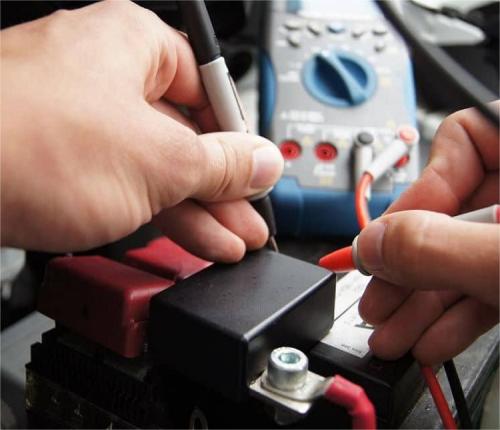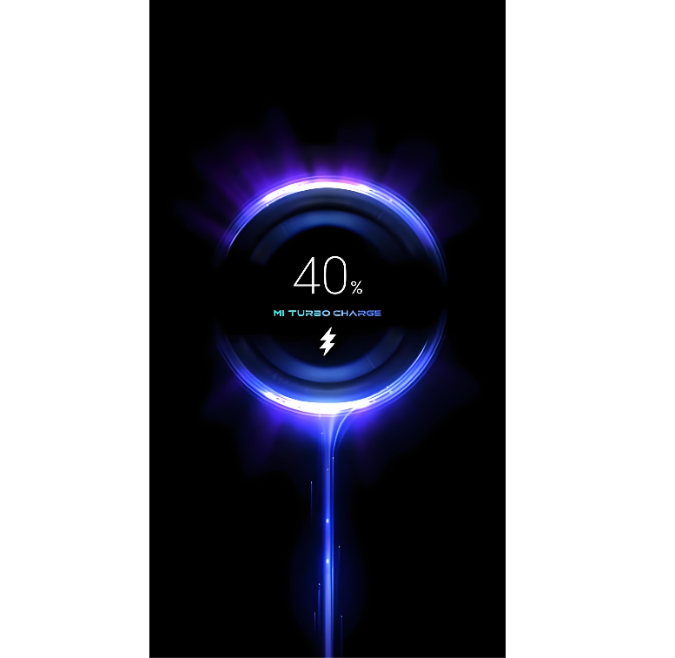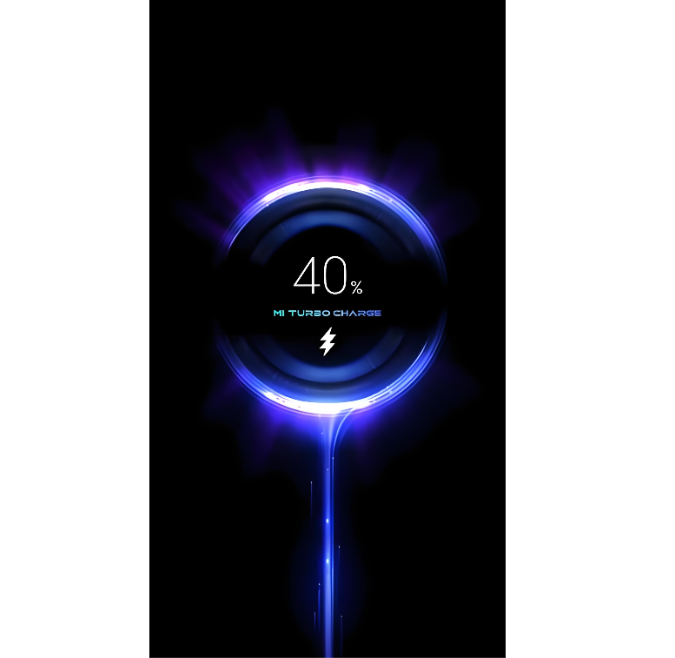Lithium-Ion Battery Care Guide
Frequency Control Reserve (FCR) is an important service in the power grid that is designed to maintain system stability by automatically responding to frequency deviations. FCR acts as the first line of defense when the balance between power supply and demand is disturbed, such as a sudden loss of generation or a surge in demand.
FCR is activated within seconds and works to dampen frequency fluctuations, maintaining the grid frequency within a safe operating range (usually around 50 Hz or 60 Hz). It does this by automatically adjusting the output power of generation units or the consumption of large loads, depending on the magnitude of the frequency deviation. This immediate response helps prevent dangerous grid instabilities that could cause blackouts or other grid failures.
FCR usually operates for a short period of time, ensuring that the system remains within the required frequency range until slower-responding reserves, such as the Automatic Frequency Restoration Reserve (aFRR), take over and fully restore balance.
The service is provided by conventional power plants and new technologies such as batteries, as well as other flexible energy resources, and helps improve the overall resilience and reliability of the power system.







